4 lessons from extinct political parties
Beware, Democrats and Republicans: Not every party lasts forever.
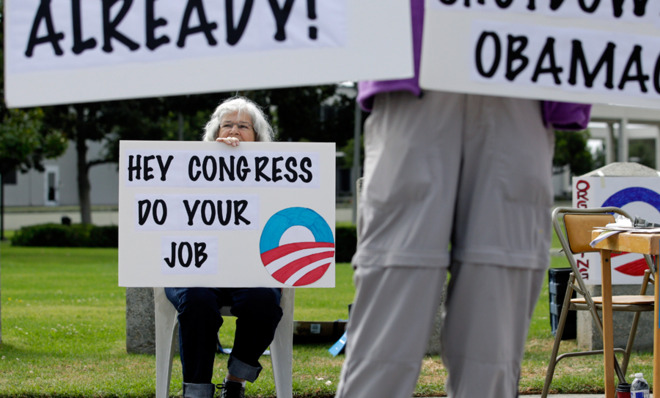
A free daily email with the biggest news stories of the day – and the best features from TheWeek.com
You are now subscribed
Your newsletter sign-up was successful
Washington has rarely been this unpopular. In the midst of the shutdown, a recent poll found that only 5 percent of Americans approve of the job Congress is doing, which, needless to say, is a record low.
Neither party gets off easy. With a favorability rating of 28 percent, another record low, the Republican Party is getting most of the blame. But Democrats are also polling poorly at 43 percent. In fact, the only political party doing well is a hypothetical third party proposed by Gallup:
Yes, the Democratic Party and the GOP seem like permanent fixtures in the political landscape, and it's almost unthinkable that either would disappear anytime soon.
The Week
Escape your echo chamber. Get the facts behind the news, plus analysis from multiple perspectives.

Sign up for The Week's Free Newsletters
From our morning news briefing to a weekly Good News Newsletter, get the best of The Week delivered directly to your inbox.
From our morning news briefing to a weekly Good News Newsletter, get the best of The Week delivered directly to your inbox.
American history, however, is littered with deceased political parties. Here are four reminders that not every party lasts forever.
Federalist Party
1790s to 1816
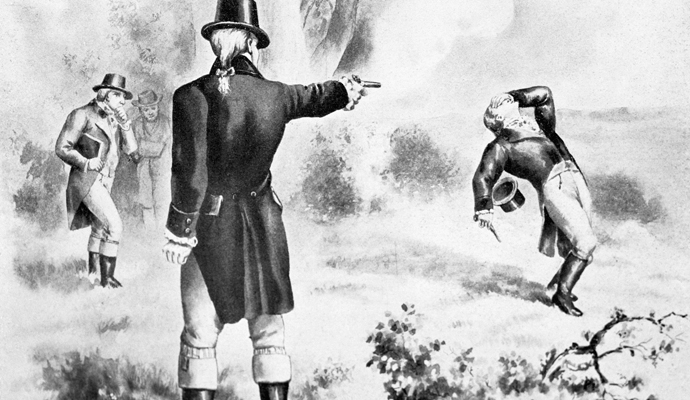
The original backers of "Big Government," the Federalist Party was led by Alexander Hamilton, who pushed for a national bank and a federal tax system. While his ideas lived on, the party eventually died out after developing a reputation as an elitist cadre that cared more about the interests of its New England base — especially concerning issues like the War of 1812 and the Louisiana Purchase — than the national good. The fact that its leader died in a duel with Aaron Burr didn't help either.
A free daily email with the biggest news stories of the day – and the best features from TheWeek.com
Lesson for today: Paying too much attention to your base is deadly. Also, avoid duels at all costs.
Anti-Masonic Party
1828 to 1838
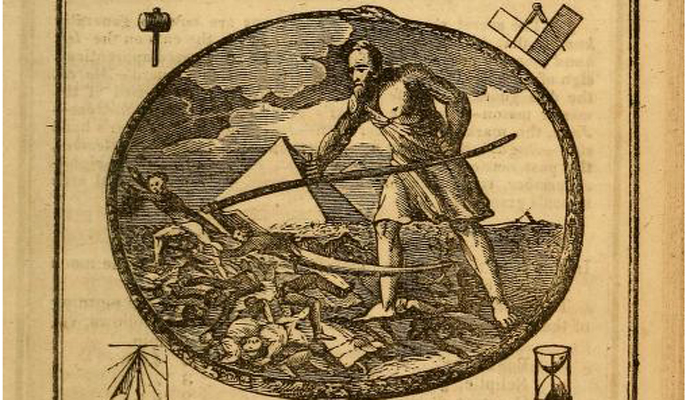
After aspiring muckraker William Morgan died in 1826, anti-Mason activists organized around the idea that he was murdered because he was about to reveal Masonic secrets in a book. Despite its cloak-and-dagger origins, the party was actually responsible for some major political innovations, including the first national nominating convention and the first written party platform. It built a national following but only carried a single state, Vermont, in the 1832 presidential election. It disappeared as members defected to the newly formed Whig Party.
Lesson for today: Campaigning on a single issue — especially one rooted in demagoguery — can put you on the map. It can rarely, however, win you a national election.
Whig Party
1833 to 1860
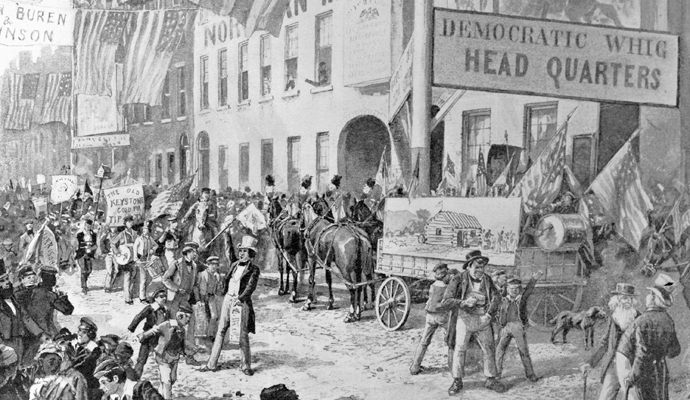
Formed to oppose the "tyrannical" policies of President Andrew Jackson and the Jacksonian Democrats, members of the Whig Party had diverse views, although its core tenets involved modernizing America's infrastructure and speeding up industrialization. It boasted three presidents: William Henry Harrison, Zachary Taylor, and Millard Fillmore. As political scientist Jeff Schweitzer noted at The Huffington Post, "During the height of Whig power nobody would have predicted that the party would cease to exist."
The debate over slavery, however, ripped the party apart, with anti-slavery Whigs heading over to Abraham Lincoln's Republican Party and "cotton Whigs" defecting to the Democratic Party.
Lesson for today: Internal divisions over hot-button issues can be disastrous.
Bull Moose Party
1912 to 1916
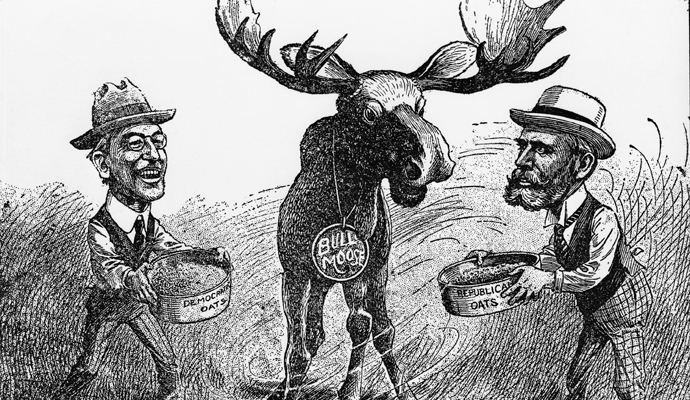
Theodore Roosevelt, unhappy with the Republican Party for sticking with William Howard Taft instead of letting him run for a third term in 1912, decided to start his own party. The Progressive Party, widely known as the Bull Moose Party, was liberal on a host of issues including women's suffrage and labor rights. In the end, Roosevelt's new party split votes with the Republicans, giving Democratic candidate Woodrow Wilson the victory.
Lesson for today: According to Sarah Palin, the Bull Moose Party died because of the "liberal positions it co-opted from the left." But its demise more generally shows that any prominent Democrat or Republican starting a new party runs the risk of handing an election over to the opposition.
Keith Wagstaff is a staff writer at TheWeek.com covering politics and current events. He has previously written for such publications as TIME, Details, VICE, and the Village Voice.